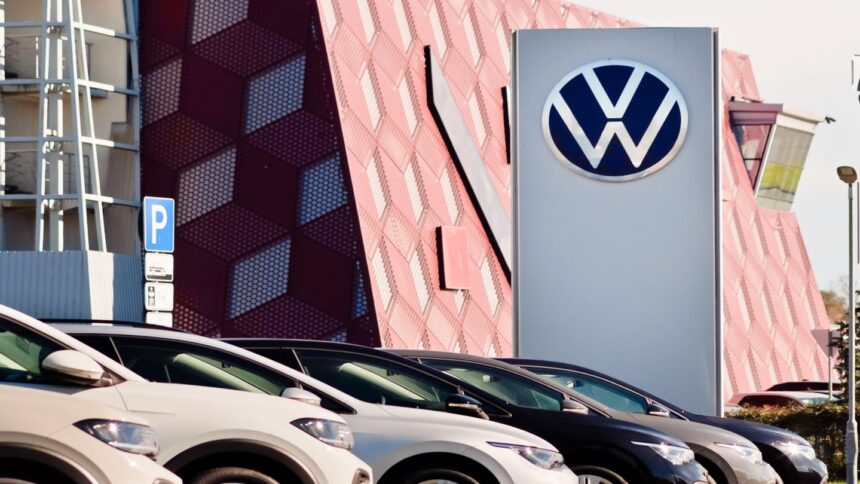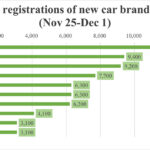Volkswagen employees in Germany have initiated warning strikes over potential mass layoffs, wage reductions, and the looming threat of plant closures. Led by the labour union IG Metall, these strikes mark the first walkouts at Volkswagen’s domestic facilities since 2018.
The discord between the car manufacturer and its workforce has reached a boiling point, with labour representatives voting on limited strikes at German operations starting early December. Negotiations on wages and plant closures have been unsuccessful, prompting IG Metall negotiator Thorsten Groeger to declare that this could be the toughest collective bargaining battle Volkswagen has ever faced.
The strikes are a response to Volkswagen’s proposal of a 10% wage cut to reduce costs and improve profitability in the face of competition from China and declining European vehicle demand. The company also rejected the union’s cost-saving proposal, which included omitting bonuses for 2025 and 2026.
For the first time in its history, Volkswagen is considering closing its plants in Germany, further escalating tensions between management and labour. Groeger criticized Volkswagen’s management for disregarding collective agreements and exacerbating the situation.
Despite the ongoing strikes, Volkswagen has stated that it respects the employees’ right to strike and is taking proactive measures to maintain basic supply levels for customers. The company and union representatives are scheduled to resume discussions on a new labour agreement for Volkswagen’s German operations on 9 December.
The unions remain steadfast in their commitment to opposing any proposals that do not guarantee a secure future for every Volkswagen plant. The situation is fluid, and both sides are bracing for further negotiations and potential actions in the coming days.







